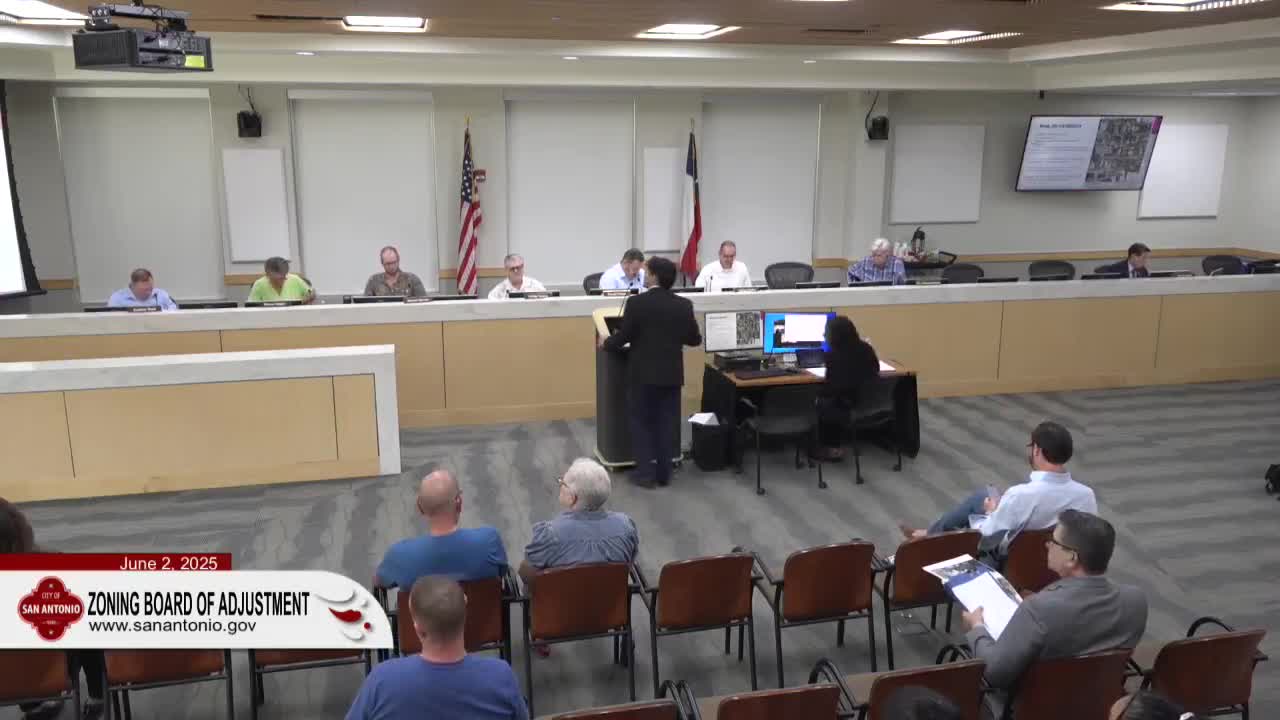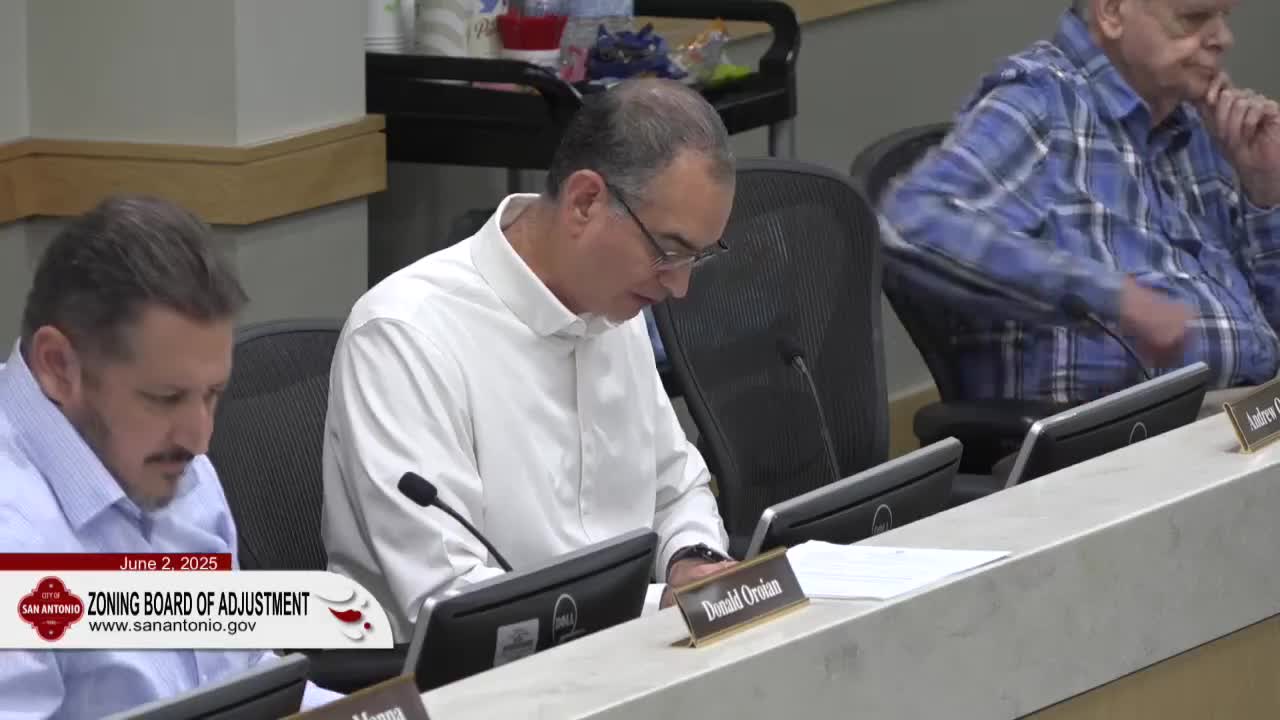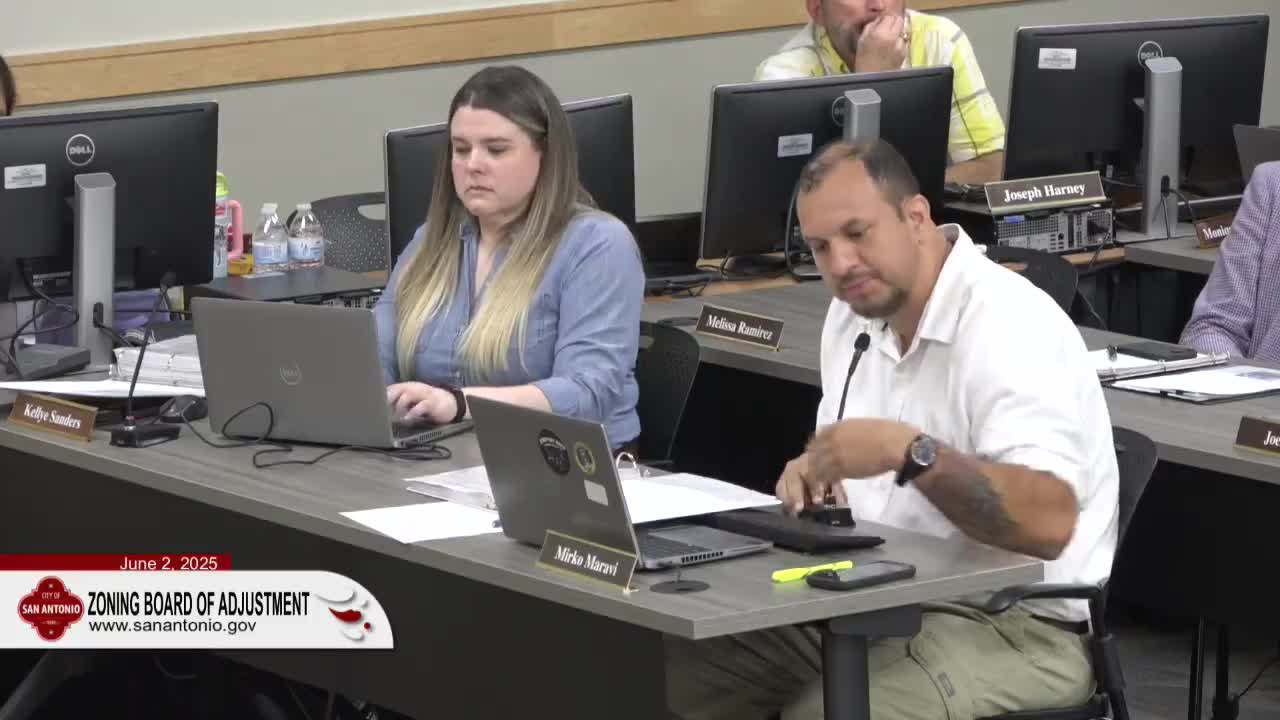Article not found
This article is no longer available. But don't worry—we've gathered other articles that discuss the same topic.

Board approves clear-vision variance but upholds 4-foot front-fence limit at Monte Vista property

Board continues hearing on 125 Glass Avenue short-term rental permit after staff questions about residency

